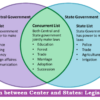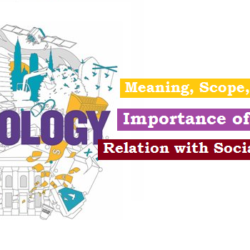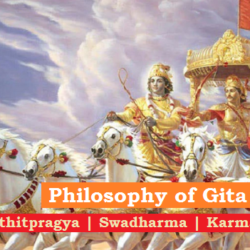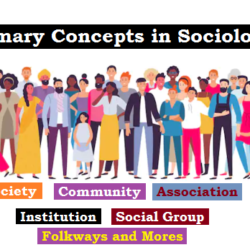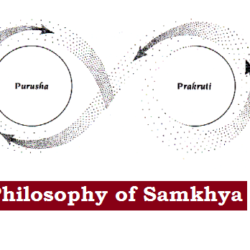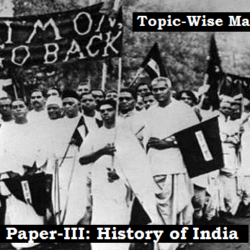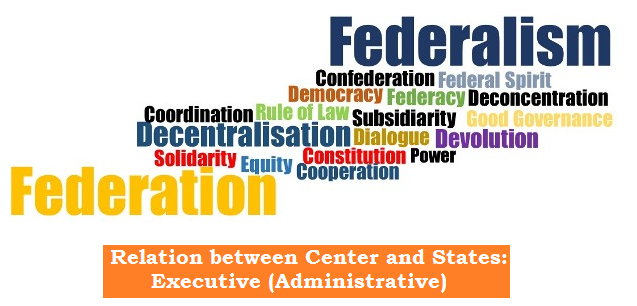
The Constitution of India, being federal in structure, in Part XI divides powers- legislative, administrative, financial- between the Center and the States.
The Center- State relations can be divided under three heads:
1. Legislative Relations
2. Executive (Administrative) Relations
3. Financial Relations
Executive (Administrative) Relations
a. Distribution of executive powers
b. Obligation of States with regard to Centre
c. Center’s direction to States
d. Mutual delegation
e. Cooperation between Center and States
f. During emergency
g. Center’s control on States
a. Distribution of executive powers
- On the lines of Legislative Powers extending to subject matters of Union, State List.
- In case of Concurrent List subjects, the executive power rests with the State (though enacted by the Parliament, is to be executed by the State normally)
b. Obligation of States with regard to Central power
The executive power of the State is to be exercised in such a way to ensure compliance and not to impede with the Central laws (Art 365 articulates President’s Rule if a State fails to comply and thereby cannot be carried on in accordance with the Constitution)
c. Center’s direction to States
The Center is empowered to give directions to States in case of maintaining infrastructure of national importance (railways, defence), linguistic minority, schedule tribe, etc.
d. Mutual delegation of functions
Any executive function of the Center (with the consent of the President, State concerned) and the State (with the consent of the Governor and the Center) can be mutually entrusted to each other.
e. Cooperation between Center and States
- To secure cooperation and coordination Parliament can provide for adjudication of any dispute between States (Inter- River water dispute, etc)
- President can establish Inter- State Council (Art 263) for better coordination.
- There are some extra- constitutional institutions too to promote cooperation and coordination like NITI Ayog, National Integration Council, and many conferences for the wide ranging consultations between the Center and States.
- Constitution also provides for All India Services to work for the States, maintaining high standard of administration and cooperation.
f. During emergency
- Executive directions to State on any matter of State Subject during National Emergency
- During President’s Rule, the President can assume the executive powers vested with the Govt
- During Financial Emergency, the Parliament and the President can give directions to States in case of financial matters.
g. Center’s control on States
- Appointment of the Governor by the President, who holds office during his pleasure
- The State Election Commissioner, though appointed by the Governor, can be removed only by the President.
- It is the duty of the Center to protect the State in case of any external aggression or internal disturbances and to ensure the Govt is carried out in accordance with the Constitution (Art 355)

 Home
Home Syllabus
Syllabus Contact Us
Contact Us
